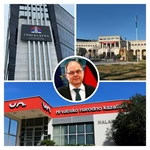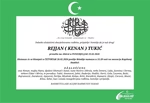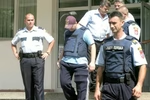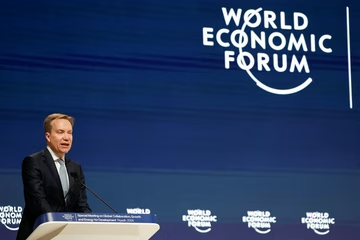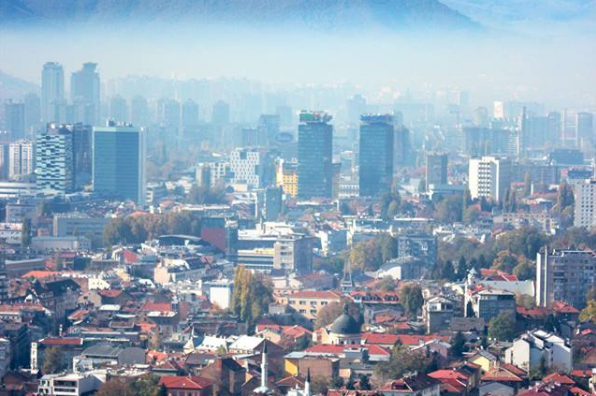
Sarajevo Canton and the European Bank for Reconstruction and Development (EBRD) have launched a joint project to identify ecological priorities in the canton and inspect the air quality in Sarajevo, which is considered one of the most polluted cities in Europe according to official measurements.
The project called Green City Action Plan (GCAP) is EBRD's €950 million worth instrument, which provides a comprehensive business model for green urban development, combining strategic planning with the investment and complementary technical assistance.
EBRD's goal is to increase by 2020 the scope of green financing to 40 percent of the bank's overall annual investment.
The project ensures a methodology that foreign investors recognise as a format, which can provide funds and investments in the sectors of air quality improvement, road infrastructure, public transportation and energy efficiency, Sarajevo Canton Prime Minister Edin Forto told a press conference on Tuesday.
“The canton's ecology action plan, which may be a good basis for this project and is passed for five-year periods, stipulates the investments of 500 million marks (approx €250 million),” said Forto.
The EBRD-Sarajevo Canton joint project means including the canton into the list of EBRD's green cities, which will make Sarajevo the third Bosnian city which joined the programme.
Earlier, the central city of Zenica and Banja Luka in the north have joined the EBRD's project.
Speaking on behalf of the European bank, Josip Polic said the purpose of the project is making a list of priorities to reduce the pollution in the city and the canton, which includes air, water and soil but also reduction of noise i.e. everything that negatively affects the quality of citizens' lives.
“It is EBRD's interest to work with the canton on ensuring the financial support for the implementation of those priorities. This bank would secure a loan while the canton would be tasked with attracting the donor co-financing,” said Polic.
The Government of Japan funds the project with €300,000 grant and Japan's Ambassador in Sarajevo, Hideyuki Sakamoto, noted that the canton is faced with several ecological challenges which include the air pollution, a problem that this project is treating.
The ambassador hopes that the European Union will be one of the main donors in this programme, given the country's aspiration to become a member state of the bloc. He expects the list or priority activities will be created within seven months at the latest.
On October 19 last year an air quality measurement system recorded dramatic data according to which the Bosnian capital city of Sarajevo was neck and neck in the air quality with one of the most polluted cities in the world – Beijing.
For the past few years, the official measurements exposed Sarajevo as one of the most polluted capital cities in the region and Europe.
Although there was no official evidence to that, it was also speculated that the high concentrations of sulphur dioxide, was a trigger to serious health conditions such as lung cancer and cardiovascular diseases in the country.
Kakvo je tvoje mišljenje o ovome?
Učestvuj u diskusiji ili pročitaj komentare





 Srbija
Srbija
 Hrvatska
Hrvatska
 Slovenija
Slovenija








